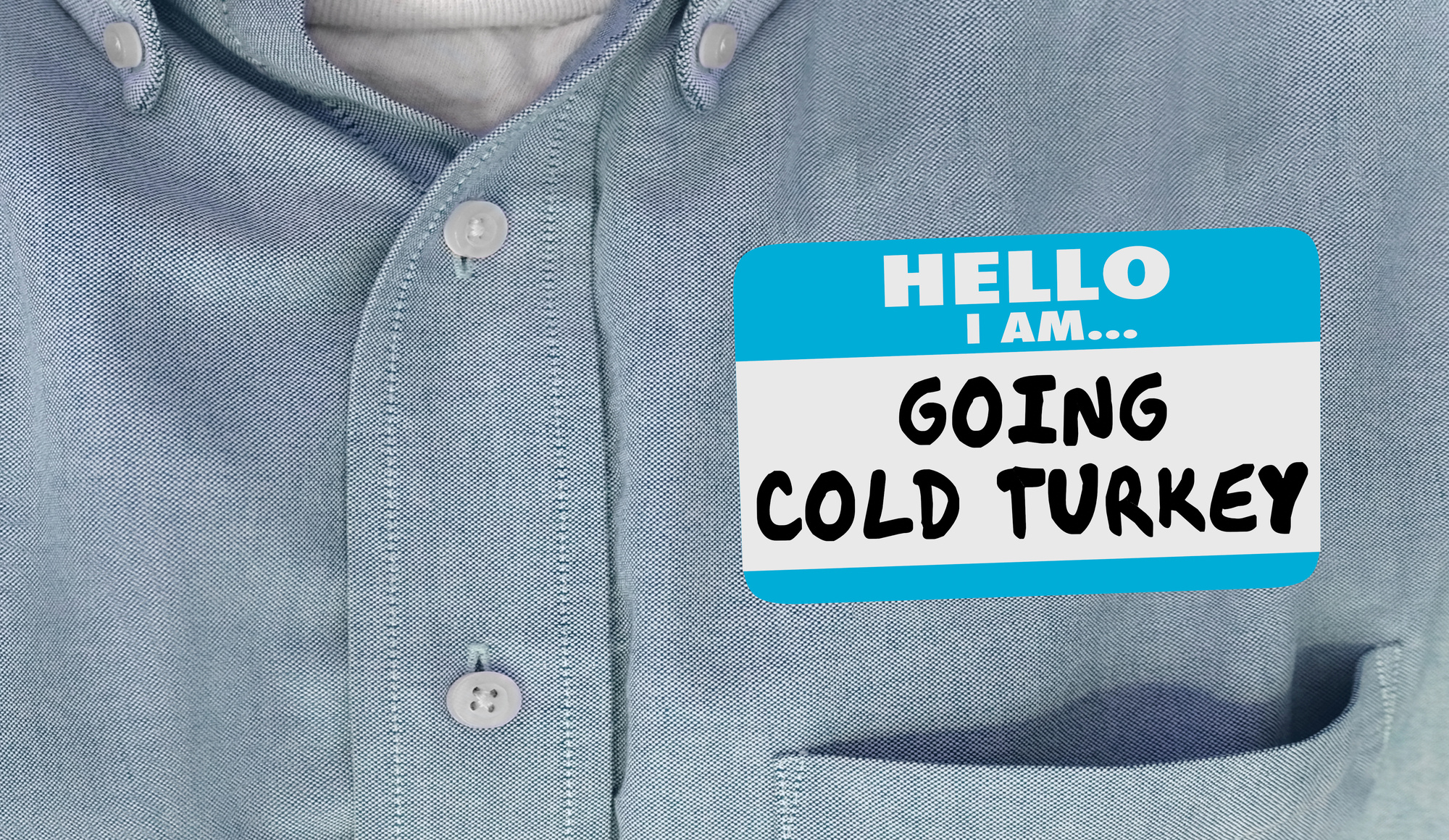What is Rock Bottom?
We hear the phrase rock bottom a lot when the topic of drug abuse or addiction arises. But what is it? What is the actual Meaning of Rock Bottom? And why do so many people use it to carry such a negative connotation? Although it is often riddled with warning signs, the journey to rock bottom can happen quietly and subtly.
It is not always easy to recognize in yourself or a loved one that you are losing control. Drug addiction occurs when you cross the line between casual drinking or drug use and alcohol or drug dependence. Rock bottom can sneak up on you before you realize it.
But that does not mean that hope is lost or help is unavailable. Rock bottom is not the end. It is not a finish line or a reason to stop trying. It is simply a turning point and an opportunity to take a different approach.
What People Think Rock Bottom Is

The media portrays rock bottom as something disastrous. In movies or TV series, we see recovering addicts drowning in guilt over irreparably damaged relationships, accidents, and other life-altering experiences.
While this is certainly a possibility for someone who is abusing or addicted to alcohol or drugs, rock bottom is not a one-size-fits-all situation. It is not always defined by an accident, death, or divorce. Sometimes, rock bottom is less obvious than that.
The Real Meaning of Rock Bottom
For many people who abuse alcohol or drugs, rock bottom may be marked by an eye-opening event. But how do you identify the reality of rock bottom when everyone’s rock bottom is different? Just like addiction, rock bottom is unique to the person facing it.
Rock bottom in addiction is the point where you feel like you are at your lowest. It can mean mild life changes, or it can mean life-altering consequences. For some, rock bottom can be a dramatic drop in your daily quality of life. For others, it can be milder negative consequences.
We have mentioned a few of the more concerning events that might be considered rock bottom, like a divorce, a fatal or non-fatal accident, or a job loss. But what about some of the less permanent life changes associated with rock bottom?
Signs That You’ve Hit Rock Bottom from Addiction
Rock bottom looks different for everyone. But there are certain life events that people frequently cite when they talk about the day that they realized that they had a drug or alcohol problem. Some of these more common and less permanent rock bottom events include:
- A job loss or work suspension.
- Mild to severe financial strain.
- Losing your home.
- Getting arrested for driving under the influence, stealing, or participating in another illegal activity.
- Suffering from a non-fatal overdose, injury, or accident under the influence.
- Leaving or being asked to leave school.
- A breakup directly due to your alcohol or drug abuse.
- An uncharacteristically angry or violent outburst.
- An impairment to your ability to function in day-to-day life.
The Levels of Rock Bottom
Some “rock bottom” life events are less severe, like a suspension at work or falling a bit short in your finances. Others are more severe, like becoming homeless, getting arrested, getting hurt, or hurting someone else. The most severe, as we mentioned earlier, would be fatal accidents, health conditions, or overdoses.
As some of the milder life changes suggest, rock bottom does not always mean that your life has spiraled out of control. Your rock bottom may simply be when you notice that your alcohol or drug use has begun to negatively affect your life.
No matter what rock bottom looks like to you, one thing is common across the board. People who feel that they have hit rock bottom from addiction know that they want it to stop. They know that unchecked addiction only gets worse over time. Thankfully, help is available.
How to Help Someone Who Has Hit Rock Bottom
If someone you know or love has hit rock bottom from addiction, they need your support more than ever before. Blaming, shaming, or getting angry at someone who is experiencing rock bottom will only make matters worse.
Addiction is a chronic illness, similar to others like type 2 diabetes, that can be managed but not yet cured. Overcoming it requires a delicate approach. Whether you approach them alone, with other family members or friends, or with the guidance of a professional during an established intervention, addicts are vulnerable.
A calm, compassionate, and understanding conversation will always be more effective than one that features shouting, bickering, or finger-pointing. It can be hard to stay calm in such emotional situations.
But doing so can ensure that your loved one feels supported rather than attacked. And when they are at their worst, that is precisely what they need. Additionally, someone who feels supported is more likely to listen, while someone who feels attacked is more likely to shut down or tune out of the conversation.
Getting Out of Rock Bottom
Getting out of rock bottom starts with accepting the help that is available to you. While it may feel like you are at your lowest point now, rock bottom is not an entirely negative event. Some good does come out of it.
Often, reaching rock bottom is the point when the denial stops. Until now, you may have convinced yourself that your drinking or drug use was under control. But when you hit rock bottom, the truth of your substance abuse becomes clearer.
In this sense, rock bottom may be a turning point for you. Many people avoid getting help until they feel like there is nothing else left. When you recognize that getting help is the best option in front of you, you are on your way to a happier, healthier life.
You can live a life that is free from the grip of alcohol and drugs. You are capable and worthy of a better way to live. And our expert teams are here to help you build it.
Seeking Treatment Before Hitting Rock Bottom

Sometimes, you may see rock bottom coming before it finds you. If you recognize the signs, do not wait for it to get any worse. Over time, untreated drug or alcohol abuse does not get better. And eventually, you may find yourself in a hole that feels too deep to pull yourself out of.
Before or after you reach those depths, we can help. With a variety of inpatient, outpatient, and supplemental treatment programs, we offer options for all different types and levels of addiction. And we customize each of these treatment programs based on your unique needs.
Get Help at Best Rehabs In Arizona
Today is a good day to leave rock bottom behind you. Let us help you move from rock bottom to a new beginning. There are no one-size-fits-all treatment methods that work. When you choose Best Rehabs In Arizona, you choose customized and holistic addiction treatments.
From behavioral therapies to family sessions, support groups to individual meetings, and creative therapies to exercise classes, our well-rounded approach helps improve your body, mind, and soul. That is what makes Best Rehabs In Arizona different.
To learn more about our unique approach to addiction, various programs, treatment options, or payment methods, including insurance verification, call our addiction counselors at 866-263-1808. They are available 24 hours per day, seven days per week to ensure that our clients get the help that they need when they need it.





















